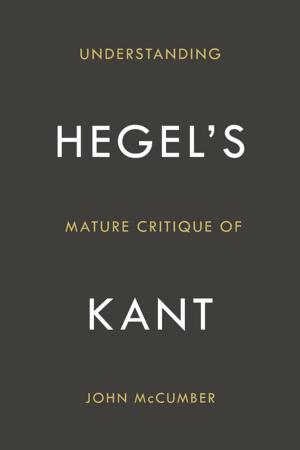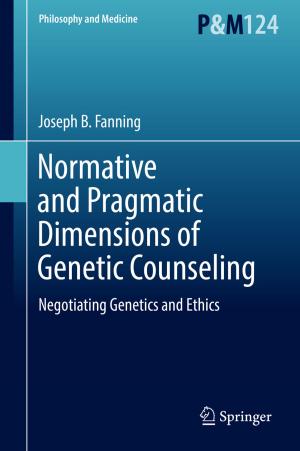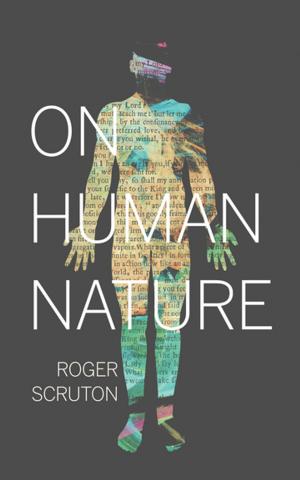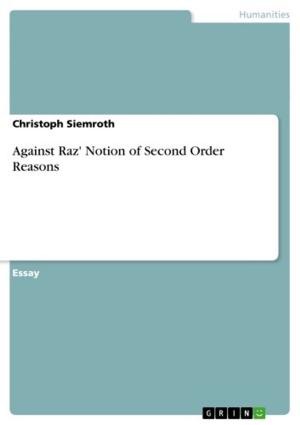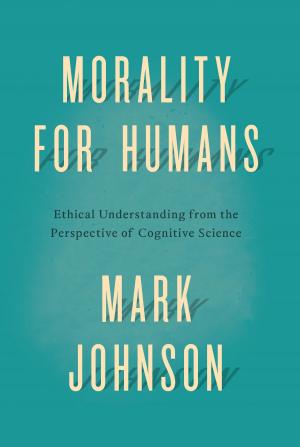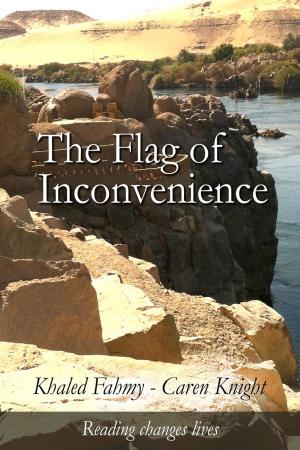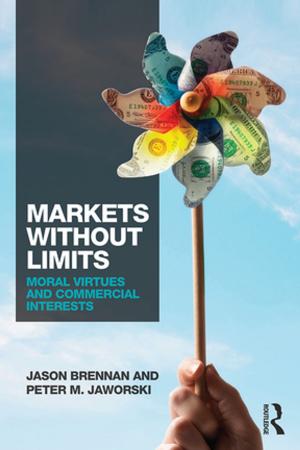Moral Demandingness and Supererogatory Beneficence
Nonfiction, Religion & Spirituality, Philosophy, Ethics & Moral Philosophy| Author: | Michael Brulotte | ISBN: | 9781301196678 |
| Publisher: | Michael Brulotte | Publication: | March 15, 2013 |
| Imprint: | Smashwords Edition | Language: | English |
| Author: | Michael Brulotte |
| ISBN: | 9781301196678 |
| Publisher: | Michael Brulotte |
| Publication: | March 15, 2013 |
| Imprint: | Smashwords Edition |
| Language: | English |
Upon weighing various moral theories of beneficence, a spectrum of demandingness emerges from the highly permissive to the extremely taxing. Thus, as moral agents, it is incumbent upon us to determine which theory, if any, yield the correct conclusion about our obligation to aid fellow humans in times both of most egregious suffering or of most marginal inequality.
Further, especially when a moral theory is particularly demanding, it is important to ask whether we, as imperfect, fallible, human moral agents should actually expect ourselves to live up to the theory—or, rather, treat it as an unattainable paradigm that should serve to inform, but not to direct our actions.
In attempting to come to a conclusion faced with these difficult questions, several contrasting propositions will be recounted and examined as moral theories that claim to successfully guide the requirement of our beneficence.
This paper will attempt to reconcile some of the cognitive dissonance that occurs between some of the stipulations of formal moral theories and the intuitions that generally govern our dispositions and our ways of life.
Ultimately, however, it will be concluded that the inadequacy of each of these theories rests with the presupposition that there is, indeed, any such moral requirement vis-à-vis beneficence. That is, beneficence, however good it may be, is necessarily supererogatory and can never represent grounds for any kind of moral demand in and of itself, no matter what the circumstance.
Upon weighing various moral theories of beneficence, a spectrum of demandingness emerges from the highly permissive to the extremely taxing. Thus, as moral agents, it is incumbent upon us to determine which theory, if any, yield the correct conclusion about our obligation to aid fellow humans in times both of most egregious suffering or of most marginal inequality.
Further, especially when a moral theory is particularly demanding, it is important to ask whether we, as imperfect, fallible, human moral agents should actually expect ourselves to live up to the theory—or, rather, treat it as an unattainable paradigm that should serve to inform, but not to direct our actions.
In attempting to come to a conclusion faced with these difficult questions, several contrasting propositions will be recounted and examined as moral theories that claim to successfully guide the requirement of our beneficence.
This paper will attempt to reconcile some of the cognitive dissonance that occurs between some of the stipulations of formal moral theories and the intuitions that generally govern our dispositions and our ways of life.
Ultimately, however, it will be concluded that the inadequacy of each of these theories rests with the presupposition that there is, indeed, any such moral requirement vis-à-vis beneficence. That is, beneficence, however good it may be, is necessarily supererogatory and can never represent grounds for any kind of moral demand in and of itself, no matter what the circumstance.


